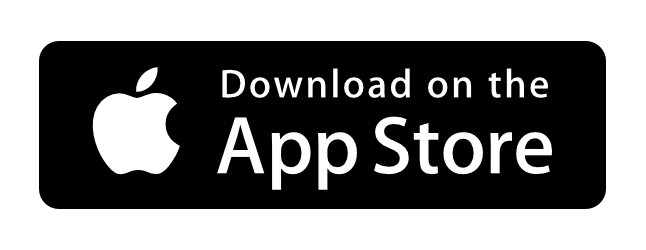3. The Behavioral Interview
As a Human Resources professional I have trained managers how to rate, score and give Behavioral Interviews. Most companies believe that the behavioral interview assumes that the most accurate indicator of future success is past performance in a similar situation. The interviewer will have in mind a set of skills they’re looking for in a candidate, and will assess whether or not you have those skills based on how you’ve demonstrated them in the past.
So instead of asking more general questions, like “Why do you want to work in this industry?” someone conducting a behavioral interview will say “Give an example of when you faced XYZ situation.” Once you’ve answered the initial question, they’ll probe further, asking you how you felt, what you said, what you did and what the final outcome was.
How to Be Successful At It
- The behavioral interview is growing more and more common, so it’s essential you learn how to prepare for it.
- At first, it may seem an impossible task. After all, there’s no telling what specific scenarios an interviewer might ask you to describe. But don’t fret. By preparing – in detail – a few stories from your professional experience, you can likely adapt one of them to any question they throw at you. Think of instances where you overcame a challenge, performed memorably, and motivated yourself and others.
- For each story, be prepared to address the following points: I call it the SBO’s
The Situation, describe the situation
The Behavior, action(s) you took
The Outcome, what happened? Did you resolve the situation?
- Keep your responses concise and present them in less than two minutes. Whatever you do, don’t lie or give an overly vague response. Behavioral interviews are especially useful at exposing made-up answers – which is one reason employers like them. Make sure you know what you’re talking about and that you’re ready to provide more detail if necessary.
4. The Case Interview
Just because you’ve never heard of it doesn’t mean you never will.
In a case interview, the interviewer will present a real or hypothetical business problem, and ask you to analyze the situation and present how you might go about solving it. These types of interviews are typically used when applying for investment banking or management consulting posts.
The interviewer is usually trying to assess your critical thinking skills and general business knowledge. Normally, you’re not given enough information in the outset to identify the problem and come up with a solution. In fact, you are expected to ask smart questions to get to the desired outcome.
How to Be Successful At It
- In a case interview, there really is no perfect answer. You’re going to be judged more on how you approach the problem than on the specific solutions you come up with.
- Start by fully understanding the situation, based on the information you’ve been given. Remember, this type of interview is a two-way conversation, and the interviewer will likely deliberately leave key information out to make sure you ask the right questions. If at any point, you are unsure what is being asked, make sure to ask for clarification before proceeding.
- Once you are sure you understand the problem at hand, take time to organize your thoughts and present a possible solution. If you need to ask more questions, go ahead and do so.
- One way to prepare in advance for this type of interview is to practice with case examples you can get for free online.
1. The Phone Interview
2. The Traditional Interview
Upcoming Article:
Part 3 of 3
5. The Stress Interview
6 The Group Interview
7. The Tag-Team Interview




